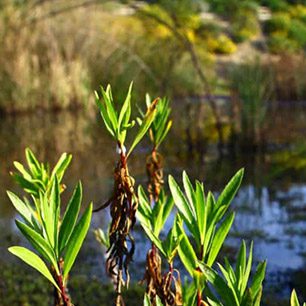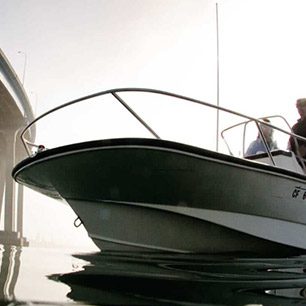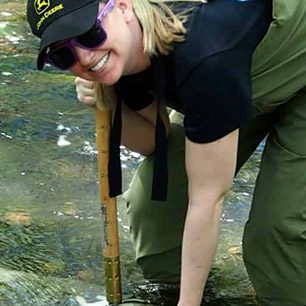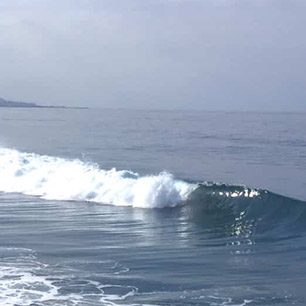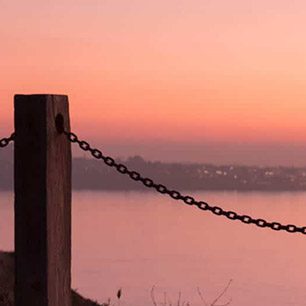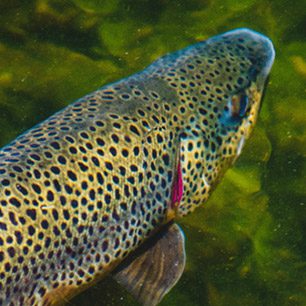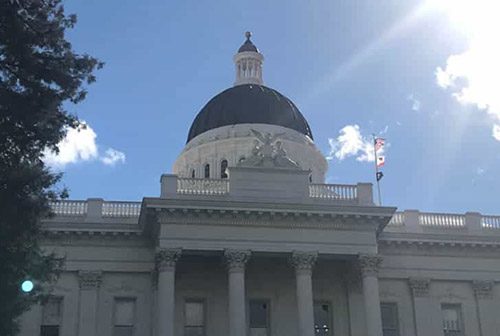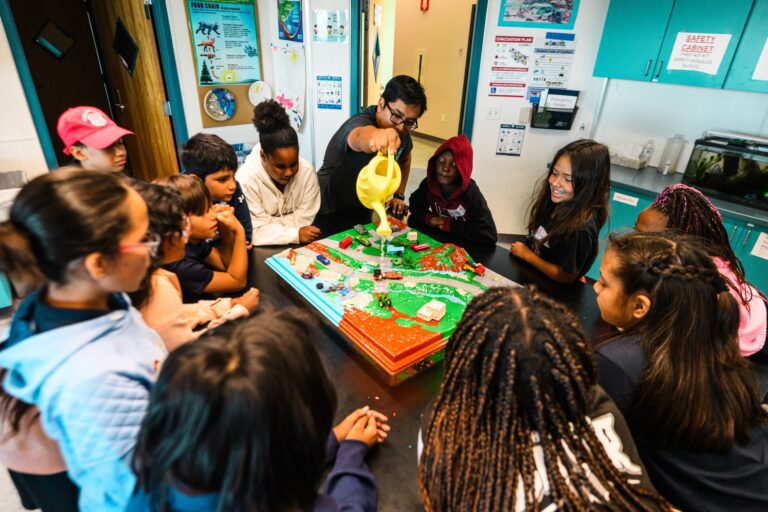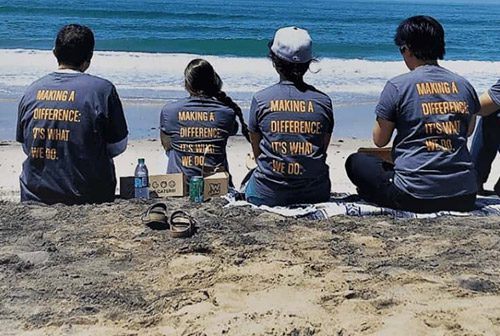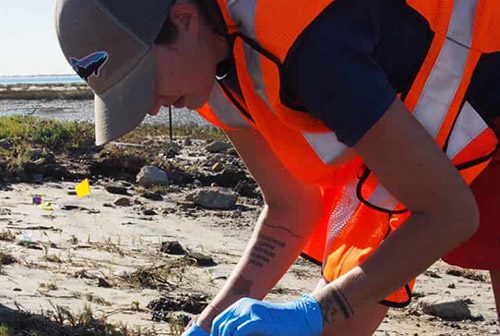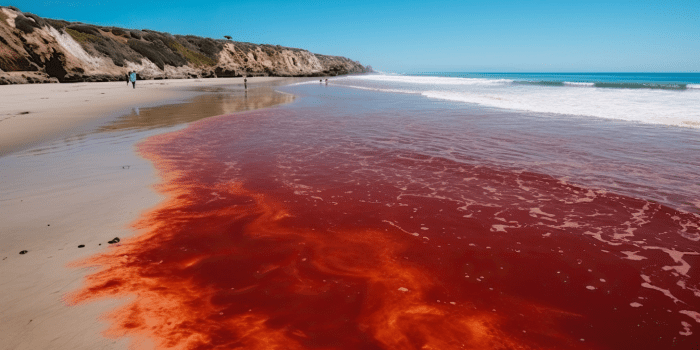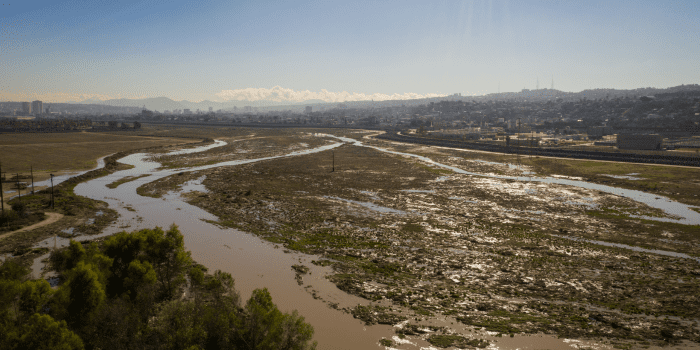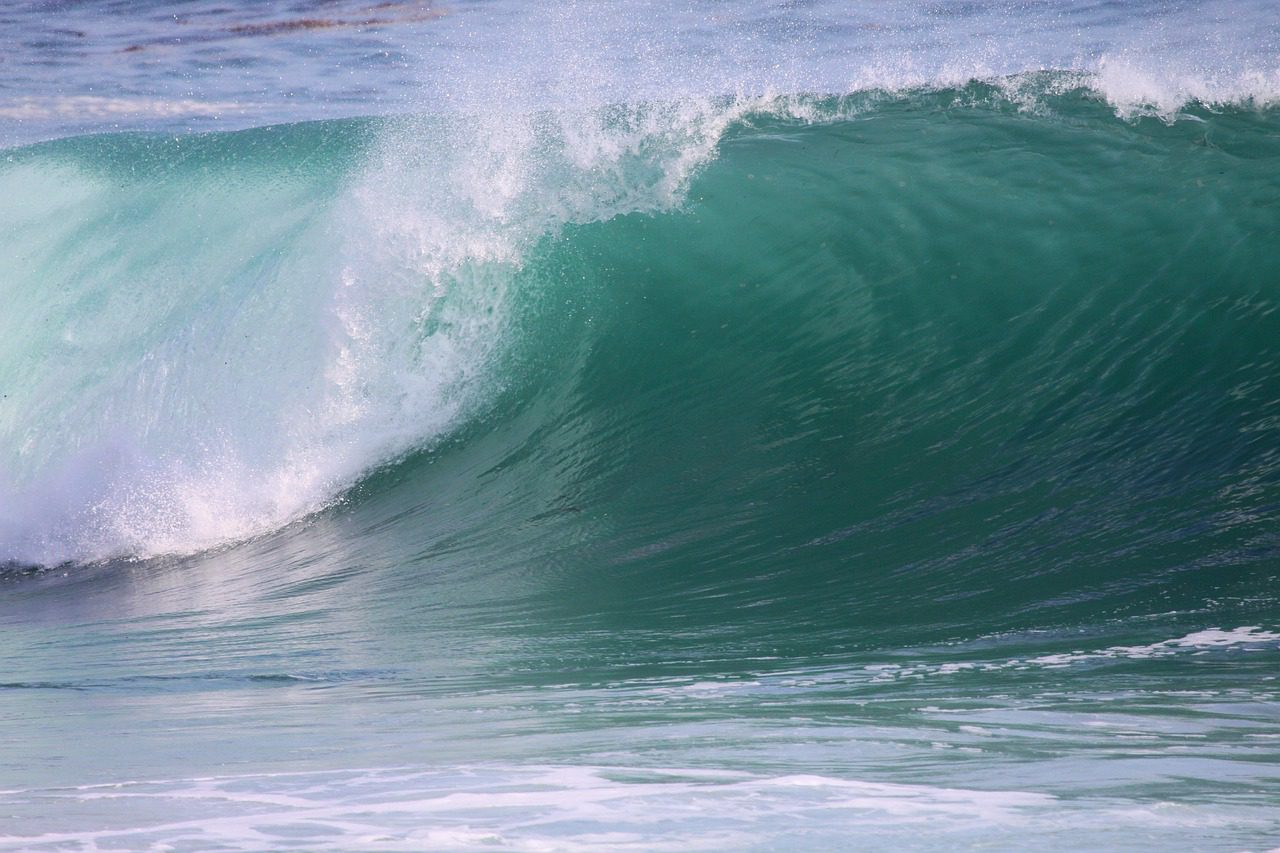Marine debris in the Pacific Ocean is increasing at a startling rate! Studies of have shown that millions of birds, fish, marine mammals and other wildlife are impacted every year from ingesting or getting entangled in plastics and other debris.
It is not solely the cities and counties on the coastline that contribute to the accumulation of trash in the ocean, but also inland communities. This means actions taken by residents in neighborhoods such as Uptown, Escondido and El Cajon and throughout San Diego can impact the quality of our coastal waters. In fact, up to 80 percent of marine debris comes from land-based sources before it is blown, swept or washed out to sea.
As a North Park resident myself, I know not everyone makes the connection between our everyday choices and the health of our ocean. But the growing plague of trash in our ocean beckons us to leave a smaller footprint at our house, at work and when we’re playing.
Have you ever noticed that our neighborhoods seem clean after it rains? While the natural cycle of rainstorms brings life to our gardens, it also washes scattered debris from around the neighborhood directly into nearby creeks and streams. This is what we call urban runoff. Urban runoff from rainwater and landscape watering transports litter and toxins from our yards, driveways and streets down stormdrains and into our bays and ocean without any treatment. Yes, cigarette butts, Styrofoam containers, plastic bottle caps and other debris from inland neighborhoods end up in San Diego Bay, Mission Bay and the Pacific Ocean.
Many residents from across the county and Coastkeeper volunteers are really making a difference. Last year in San Diego, volunteers helped remove more than 680,400 pounds of trash from our local beaches and inland waterways. That’s a lot of debris that could have found its way into the infamous Eastern Pacific Gyre, where trash from many cities is accumulating in one of the most remote places on the planet, the open ocean.
San Diego Coastkeeper’s volunteers also do water quality monitoring on surface water across the county. These local community members volunteer their time to collect monthly water samples that we assess in our lab for a variety of pollutants such as pesticides, bacteria, copper and more. Data from our regular monitoring efforts show that many creeks and streams are highly impacted by urban runoff due to urbanization. Not only is this a problem for natural habitat in our neighborhood ecosystem, but these creeks and streams empty into lagoons, bays and the ocean.
The good news is that we have many options to help improve the situation.
- Attend a cleanup in your neighborhood or along the coast.
- Plan your own neighborhood cleanup and get your supplies from us.
- Advocate for improved local policy about commonly littered items such as plastic bags, bottles and Styrofoam take-out-containers. Coastkeeper works hard to communicate the environmental and health impacts of single-use plastics, and you should too. Your phone calls and letters to your elected officials help encourage the adoption of more sustainable practices.
- Vote with your pocketbook. Patronize stores and restaurants that have eliminated wasteful single-use plastics, such as Styrofoam containers. There are plenty such places to choose from in Uptown!
- Make lifestyle changes. If each resident in Uptown used reusable shopping bags at least a couple times each week, this would save thousands of plastic and paper bags from entering our landfill. Or bring your own reusable container to restaurants for leftovers. We don’t all have to be No Impact Man, but we can all make more sustainable choices to improve our future.
- Use alternative ways of transportation such as biking and walking to take advantage of Uptown’s design as a pedestrian-oriented retail center and residential development. If we each park our car for just one day a week, we’ll collectively lessen the number of cars on the road and release less brake dust, improving the health of our oceans.
- And of course, the next time you see a piece of trash on the ground, pick it up and help stop debris before it reaches the ocean.
Small changes can make a big difference, especially if we all do this together.

